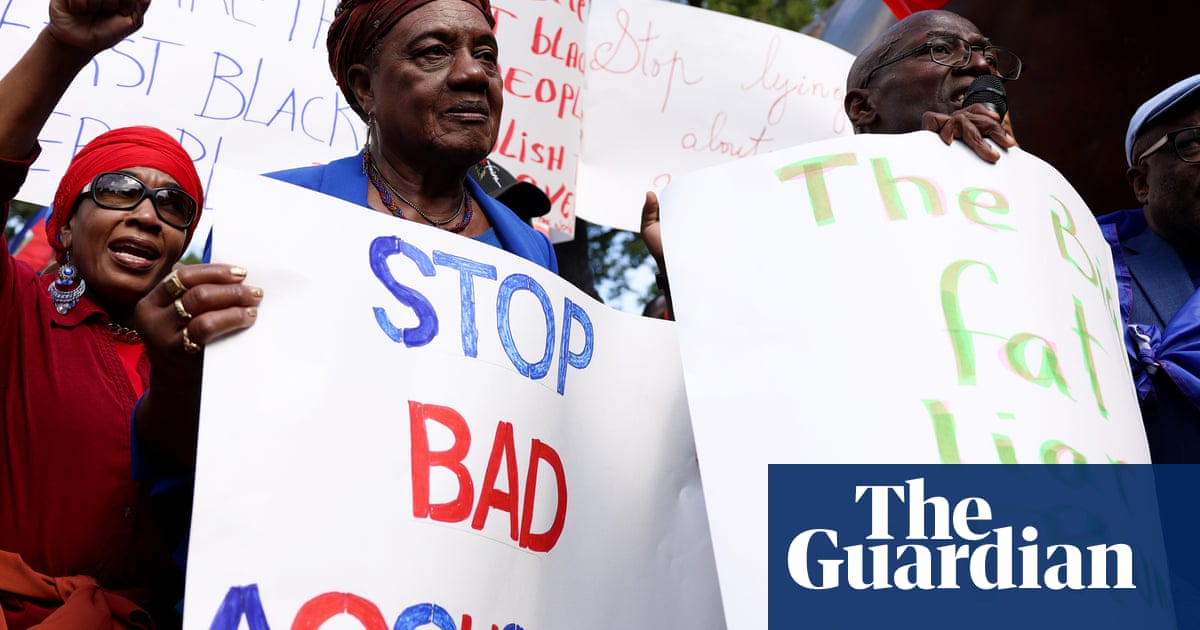U.S. tourism officials say Congress’s controversial $250 visa integrity fee will deter international visitors and cost the country nearly $11 billion in lost visitor spending and tax revenue over the next three years.
- The Congressional Budget Office (CBO) estimated that the new $250 visa integrity fee will bring in around $27 billion over a decade—or $2.7 billion per year—to U.S. government coffers and reduce the national debt.
- But a U.S. tourism official told Forbes the fee will instead cost the U.S. economy $11 billion over three years, including $9.4 billion in lost visitor spending and $1.3 billion in lost tax revenue—or about $3.6 billion per year, according to an analysis by Tourism Economics.
- In addition, the lost revenue will lead to losing 15,000 U.S. travel jobs, according to U.S. tourism industry estimates.
How Will The $250 Fee Impact Tourism To The U.s.?
The CBO based its estimate solely on the potential revenue generated by the fee itself, while the U.S. tourism industry looked at the macroeconomic impact of implementing the fee, hence the wildly different estimates. The CBO estimated that charging roughly 11 million annual visa applicants $250 apiece would rake in roughly $2.7 billion per year for the State Department. Tourism officials say Congress wrongly assumed the pricey fee would have little impact on the volume of visitation. Tourism Economics, a division of Oxford Economics, estimated that the $250-per-person fee is onerous enough to deter 5.4% of international visitors from coming to the U.S., which would translate to a drop of nearly 1 million fewer visits annually. Fewer visitors translate to less visitor spending, and in turn to lower tax revenue and job losses in the tourism industry, sending a negative ripple effect throughout the national economy. “By longstanding tradition, the Congressional Budget Office does not incorporate macroeconomic feedback effects into its traditional cost estimates,” a CBO spokesperson told Forbes. “We didn’t specifically do a dynamic analysis of this provision.” In other words, the CBO did not factor in the potential negative economic impact from lower visitor spending, tax revenue and subsequent job cuts—key metrics used by the U.S. tourism industry and the U.S. Commerce Department to evaluate the overall value of tourism to the U.S. economy. “I think in the minds of congressional leaders, foreign visitors don’t vote, so making them pay more to help fund the [Big Beautiful] Bill wouldn’t come at any political cost,” Erik Hansen, senior vice president of government relations at the U.S. Travel Association, told Forbes. “But the problem is it comes at a huge economic cost to American businesses.”
What Else Do U.s. Tourism Experts Say Congress Got Wrong?
“Congress made the mistake of assuming that this worldwide visa integrity fee would not have a big impact on visitors from countries like India or Brazil,” Hansen told Forbes. “This is the exact type of armchair public policymaking that is going to get us into a big mess.” India, in particular, is a “bright spot” for inbound international travel because visitation numbers have surpassed where they were in 2019, he said, while most other countries are lagging behind their pre-pandemic volume. In 2024, Indian tourists spent roughly $13.3 billion in the U.S., according to the National Travel and Tourism Office, part of the U.S. Commerce Department. “Applying a $250 fee to a country where travel is growing is mindboggling. It will absolutely deter travel—that’s what our research has found,” Hansen said.
What Do International Visitors Need To Know About The Visa Integrity Fee?
The fee is not actually as “refundable” as Congress has billed it to be. As written, the Big Beautiful Bill says the State Department “may reimburse” the fee after the visitor’s visa expires, provided that the visa holder has complied with all conditions of the visa. But most visitor visas are valid for 10 years, Hansen pointed out. “The idea that you’re going to give the government money and then wait around 10 years and remember to ask for it back, even if you followed the rules, is just absolutely crazy,” he said. Indeed, to arrive at its projection, the CBO reasoned in its estimate that “a large number of nonimmigrants would not be eligible to seek reimbursement until several years after paying the fee” so consequently only “a small number of people would seek reimbursement.” In other words, said Hansen, “there’s a very good understanding that the refund process itself is not going to be easy, and even if it is easy, that a lot of people aren’t going to seek that refund after a decade.” Another red flag: The $250 fee was inserted into the Big Beautiful Bill without a plan for processing refunds. In its analysis, the CBO wrote that “the Department of State would need several years to implement a process for providing reimbursements.”
Why Are So Many International Travelers Avoiding The U.s. This Year?
In June, a World Travel & Tourism Council (WTTC) analysis of the economic impact of tourism in 184 countries revealed the U.S. was the only country forecast to see international visitor spending decline in 2025, which by some estimates is as much as $29 billion. The root causes of this decline, multiple studies have found, are a combination of President Trump’s tariffs, travel bans, inflammatory rhetoric and harsher immigration policies, all which have created a chilling effect on visitors. “While other nations are rolling out the welcome mat, the U.S. government is putting up the ‘closed’ sign,” Julia Simpson, president and CEO of WTTC, said in a statement. “Given we’re halfway through the year and we’ve seen these impacts, we don’t know when the stiffest headwind is, but I think it does stay sustained,” Aran Ryan, director of industry studies at Tourism Economics, told Forbes last month. “We’re generally assuming that this persists for a while and that some of it is going to persist throughout the end of the administration.” Simpson characterized the WTTC study as a “wake-up call for the U.S. government,” adding that “without urgent action to restore international traveler confidence, it could take several years for the U.S. just to return to pre-pandemic levels of international visitor spend.”
Tangent
Trump’s signature spending bill contains another blow to U.S. tourism. A Senate committee led by Senator Ted Cruz (R-Tex.) slashed the budget of Brand USA, the country’s public-private destination marketing organization, from $100 million to $20 million. “This is another error that Congress has made,” Hansen said, noting that the Trump administration recommended full funding for the organization in its fiscal year 2026 budget. “We have a big misperception problem among international visitors right now, but Congress cut funding for the one organization that’s in charge of setting perceptions and sending a welcoming message about travel to the United States.”

https://www.forbes.com/sites/suzannerowankelleher/2025/08/15/visa-integrity-fee-cost-us-11-billion








